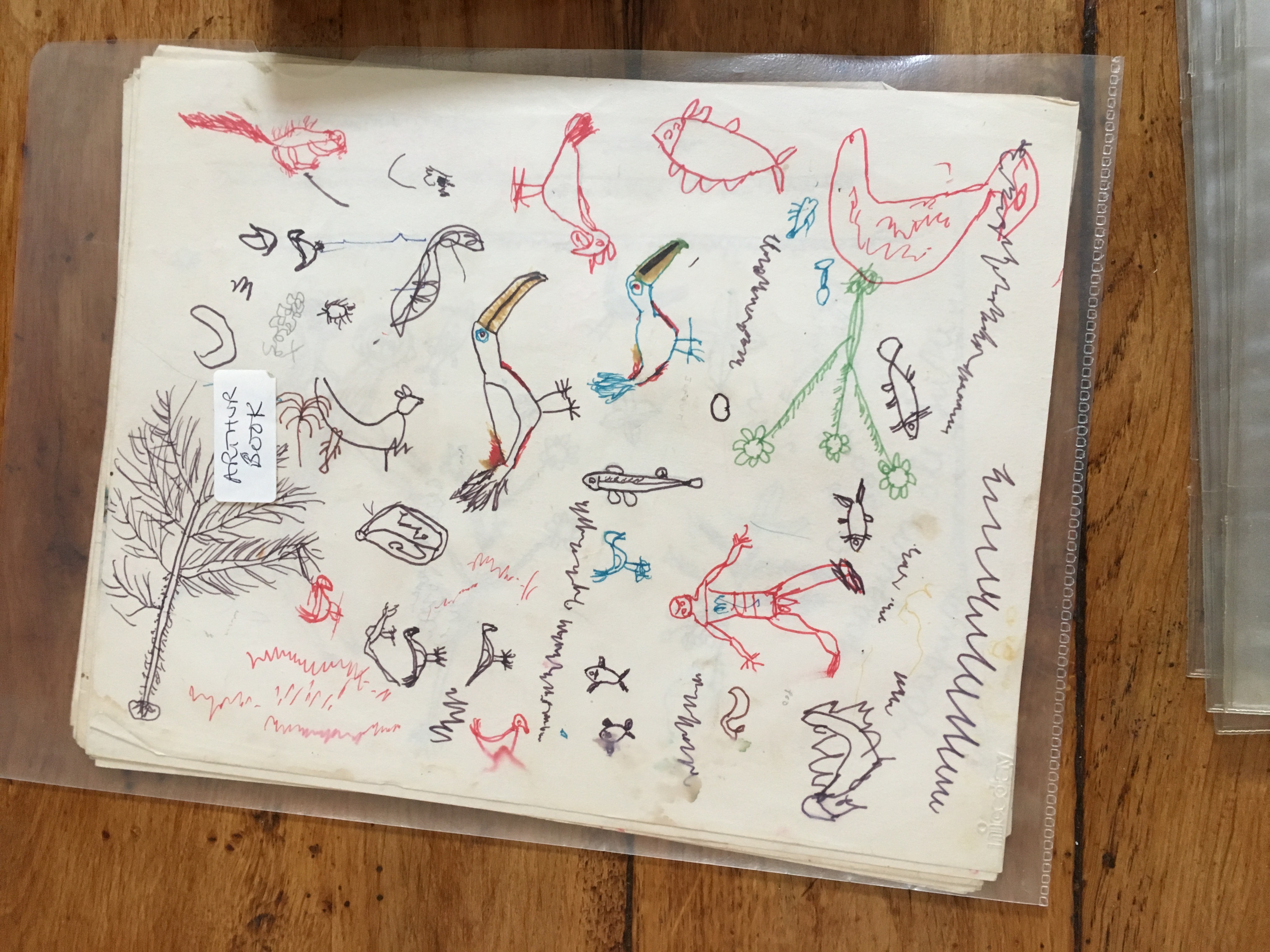Featured photo: Howard Reid’s collection of research materials from his ethnographic field work with the Hup in Brazil; photo: S. Kung
Susan Kung, manager of the Archive of the Indigenous Languages of Latin America (AILLA), kicked off work on the new National Endowment for the Humanities grant, Archiving Significant Collections of Endangered Languages: Two Multilingual Regions of Northwest South America (PD-260978-18, Co-PIs Patience Epps and Susan Kung) with a seven-week trip to the UK and France to acquire and begin the work of digitizing three of the eight collections included in the grant.
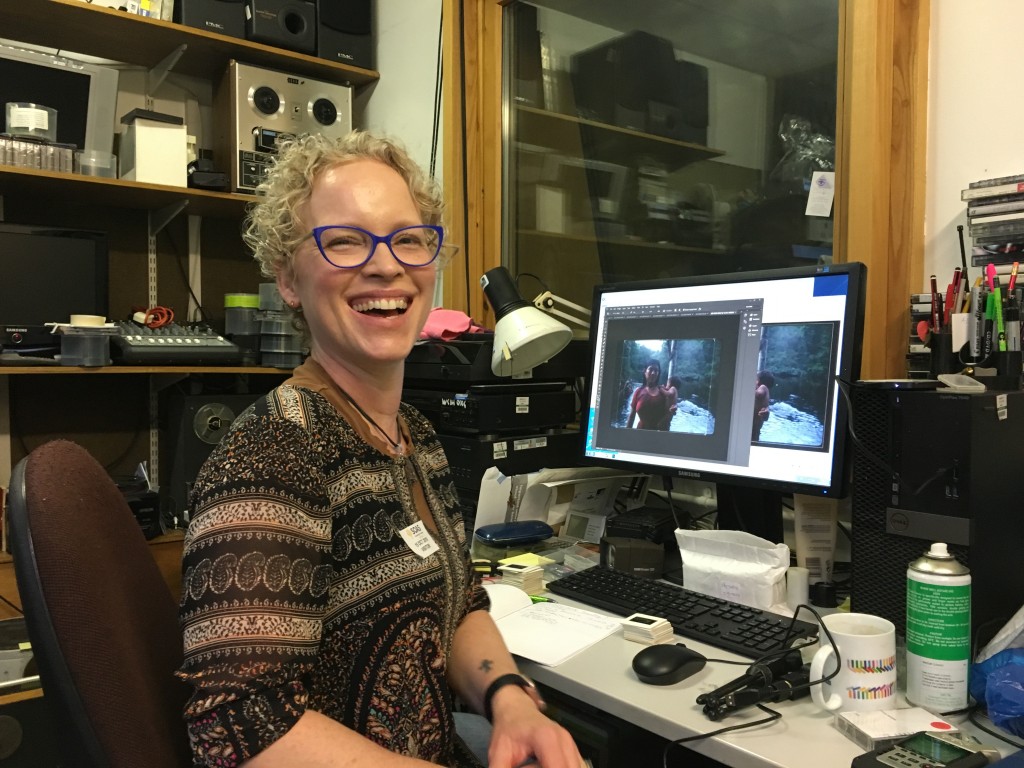
Kung’s work in the UK relied heavily on collaboration with the Endangered Language Archive (ELAR) at the School of Oriental and African Studies (SOAS), University of London. ELAR, like AILLA, is a digital repository that specializes in providing online access to, and long-term preservation of, multimedia materials in and about endangered indigenous languages. Kung’s trip started in London with a series of meetings at SOAS, where she helped to provide training to researchers in language documentation, archiving, and preservation methodologies, and helped ELAR’s staff plan for its imminent data migration.
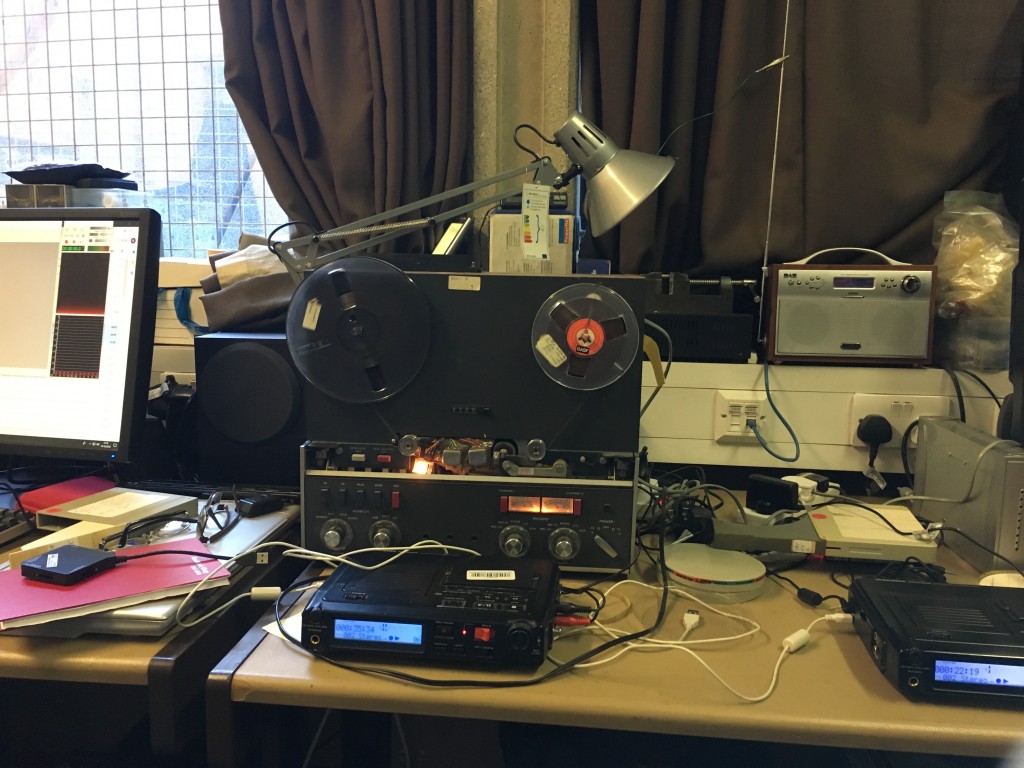
From there, Kung headed to Cajarc in the southwest of France to work with Dr. Elsa Gomez-Imbert, a retired researcher from the French National Research Center who conducted linguistic fieldwork in the Colombian Vaupés from 1973 to 2010 on several different languages of the region, including Tatuyo, Barasana, Karapana, Eduria, Bará, and Makuna, all of which are members of the Eastern Tukanoan language family.
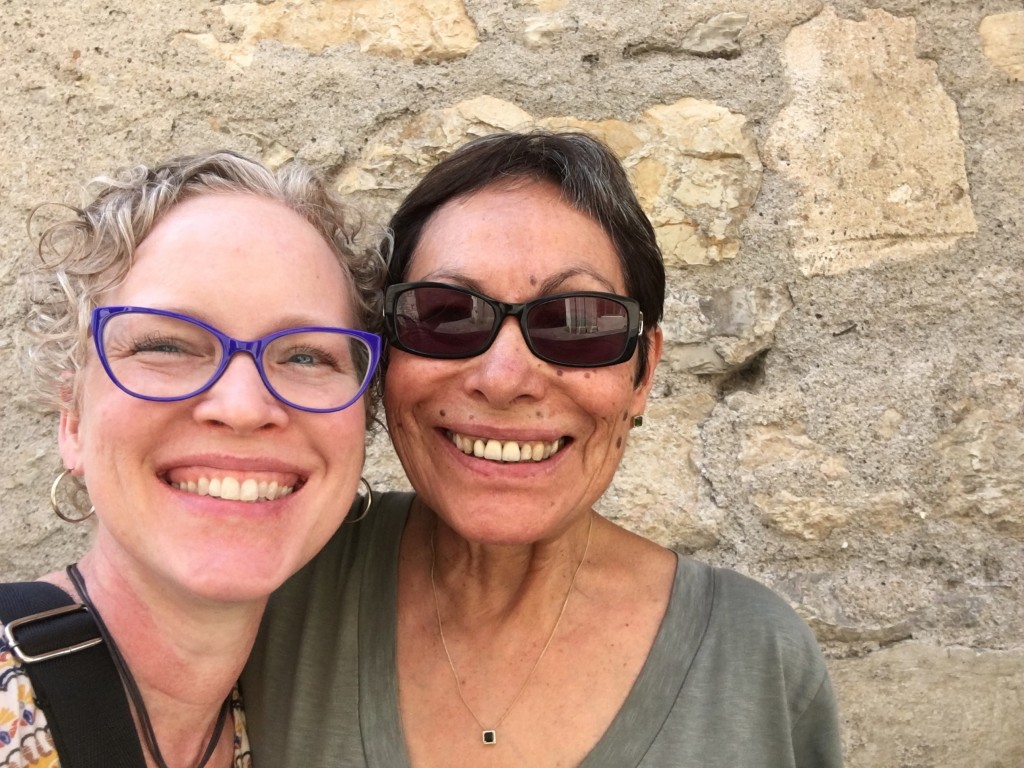
Kung and Gomez-Imbert spent four days compiling metadata and creating an inventory of Gomez-Imbert’s audio tapes and slides, all of which Kung then transported to London for digitization at SOAS.
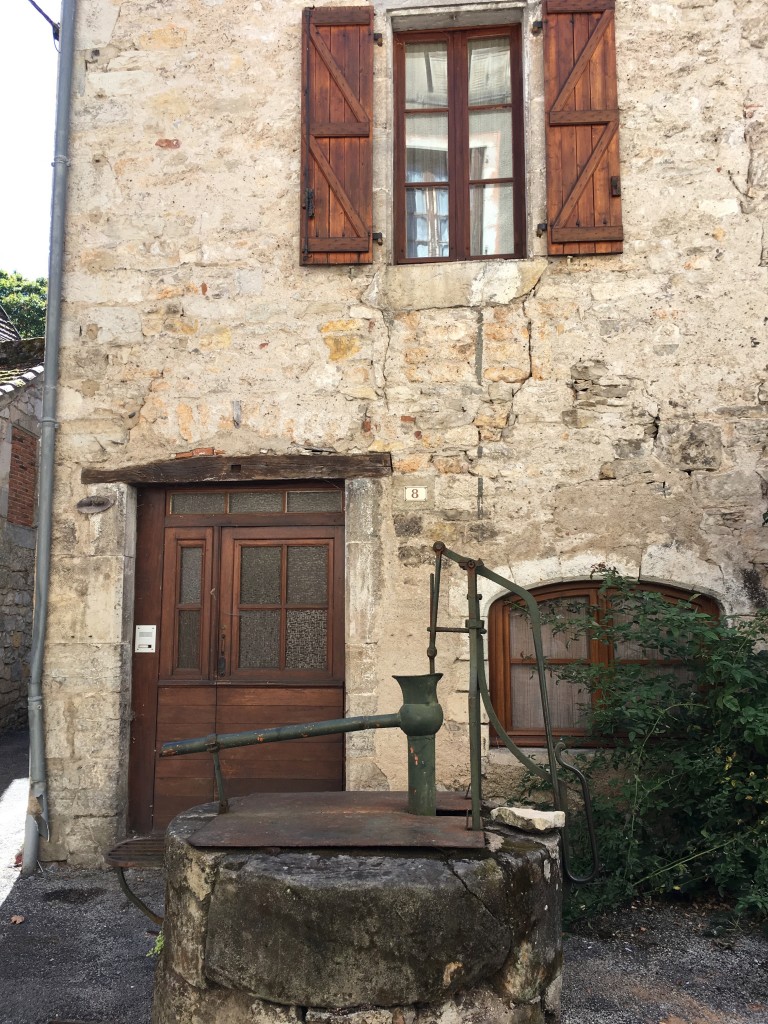
Back in London, Kung spent a day doing similar work with Dr. Howard Reid, an anthropologist, documentary filmmaker for the BBC, and chair of the Royal Anthropological Institute’s Film Committee, who lived with the hunter-gatherer Hup people in the Amazon basin in 1974–76.
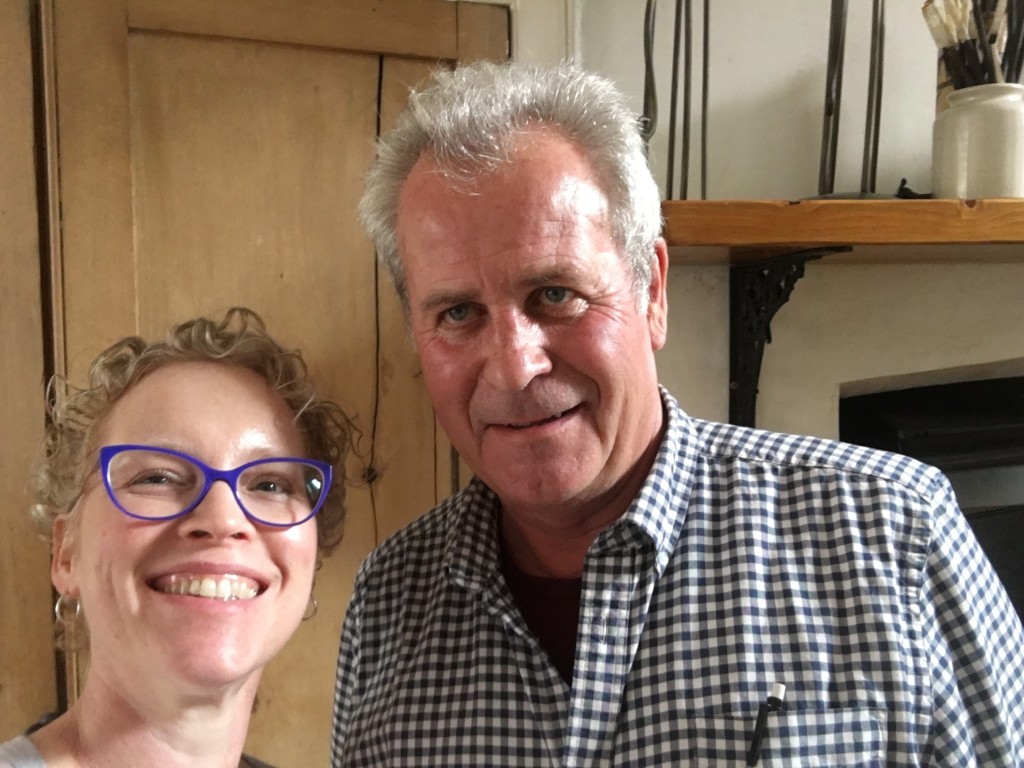
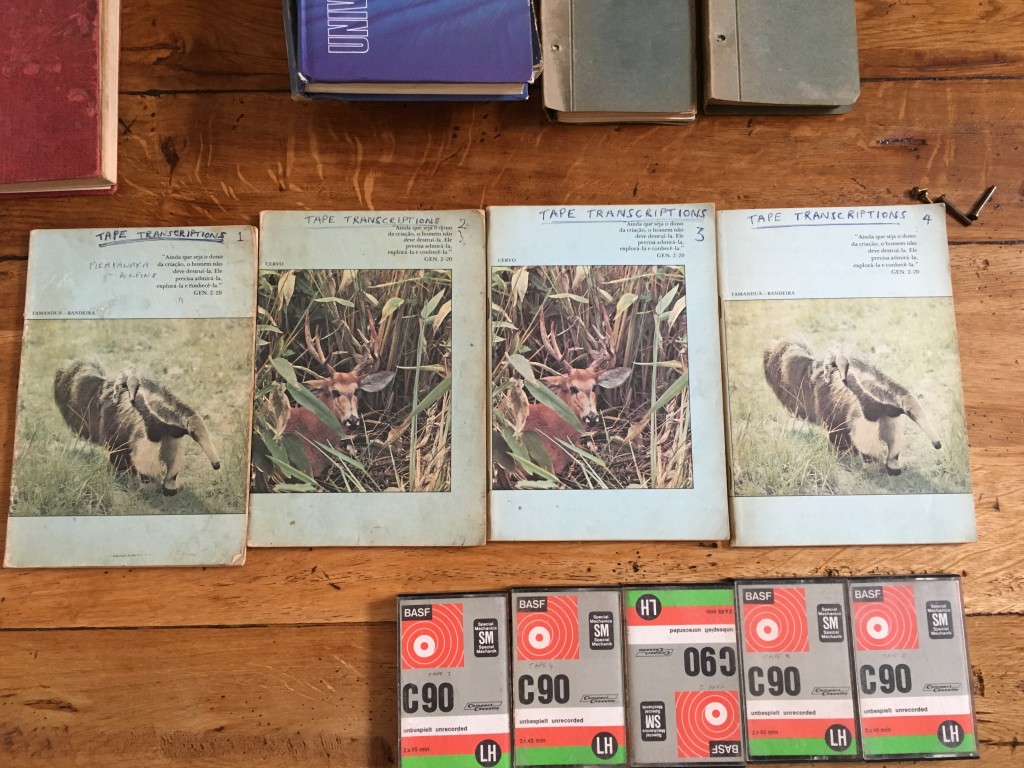
Kung finished up the acquisition part of her trip with four days of inventory and metadata work with Dr. Stephen Hugh-Jones, Emeritus Research Associate at the Cambridge University Department of Social Anthropology, at his office in King’s College, Cambridge. Hugh-Jones and his wife, Christine Hugh-Jones, lived with the Barasana people in the Colombian Vaupés in 1968–1971 and again in 1978–1979, along with their two young children on the second occasion. Over the course of 50 years, Hugh-Jones has worked with Barasana, as well as the Bará, Eduria, Makuna, and Tatuyo people in the Colombian Amazon. His research has included ritual, symbolism and mythology, shamanism, kinship, architecture, barter and gift exchange, food and drugs, and ethno-education.
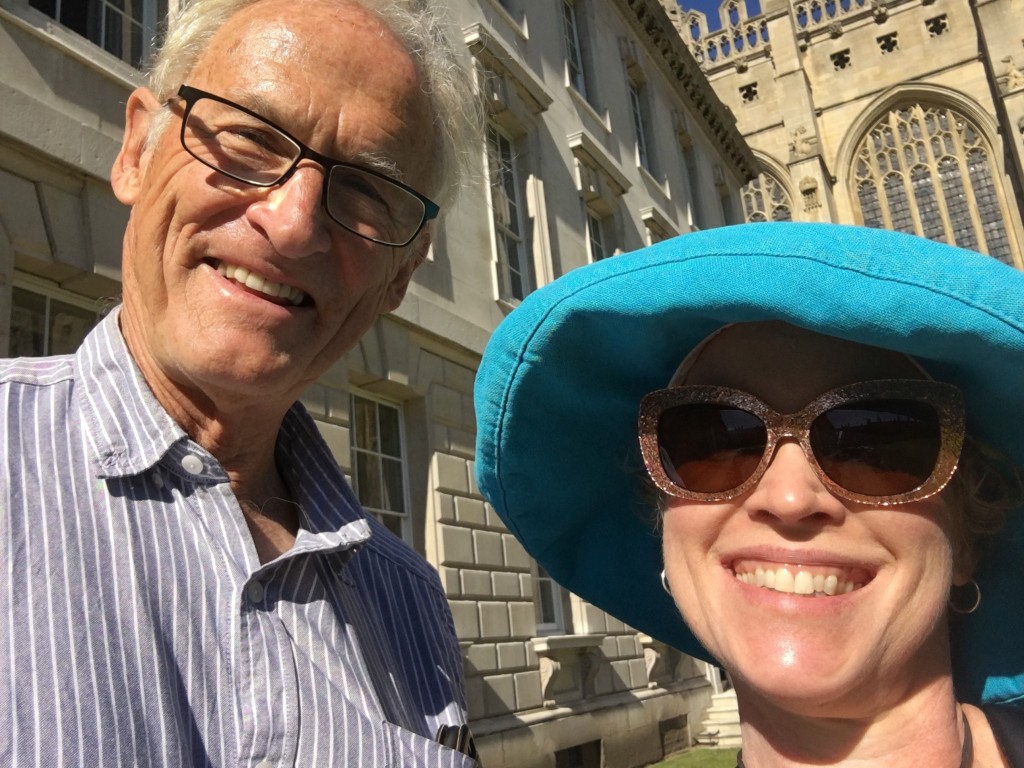
The Hugh-Jones collection consists of born-digital and analog (cassette and open reel) audio recordings, 45 field notebooks, manuscript transcriptions of recordings, photographs and negatives, and an unprecedented accumulation of indigenous artworks. Kung, along with Bernard Howard, the sound technician for the SOAS Linguistics Department, spent three weeks digitizing these collections at SOAS, where Howard concentrated on digitizing the 137 audio tapes (cassettes and open reels) and Kung focused on scanning slides and paper documents.
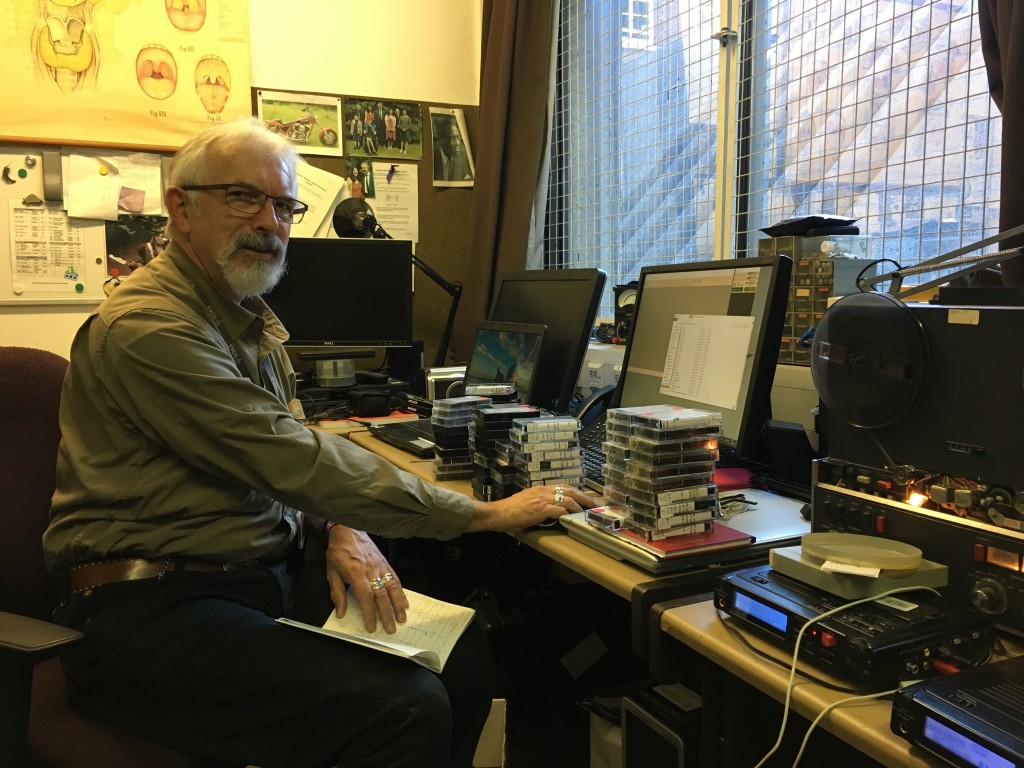
When it was time for Kung to return to Austin in mid-October, she and Howard had completely finished digitizing two of the three collections—those of Elsa Gomez-Imbert and Howard Reid—and Kung had finished digitizing the indigenous art compiled by the Hugh-Joneses.
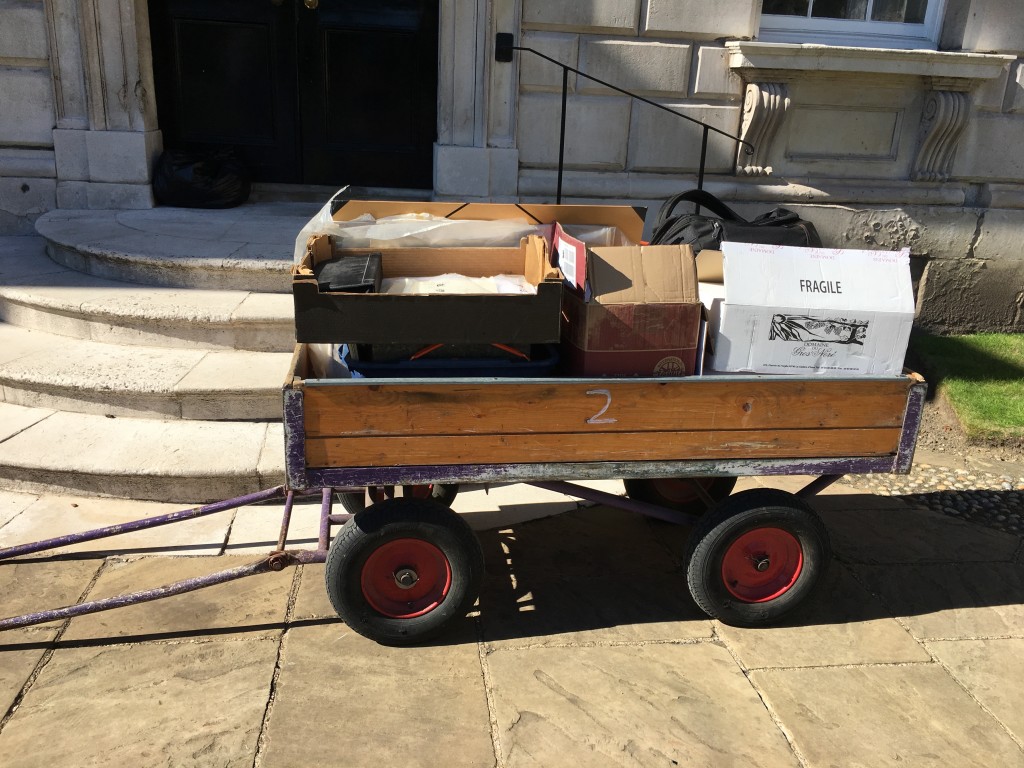
Before returning home, Kung returned Reid’s and Gomez-Imbert’s collections to them, and shipped the remainder of the Hugh-Jones collection to AILLA, where it will be digitized during this academic year and then returned to the Hugh-Joneses. Once all the digital files from all three collections have been curated in collaboration with the Gomez-Imbert, Reid, and Hugh-Jones, they will be ingested into AILLA and available for public viewing.

